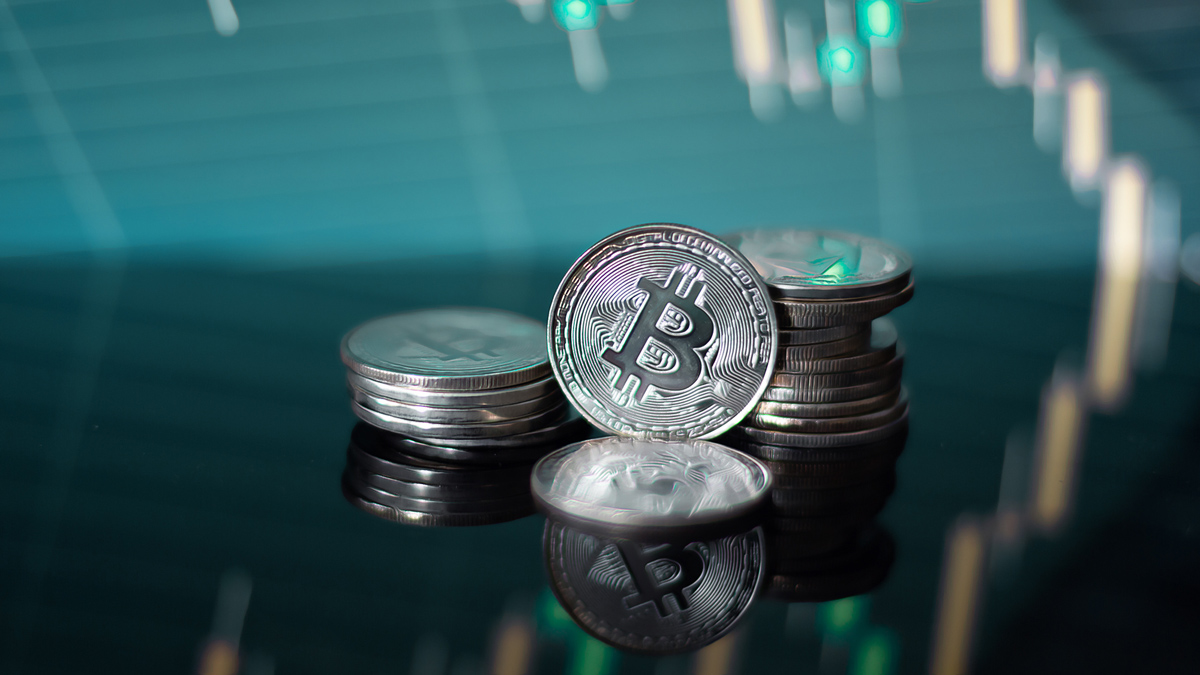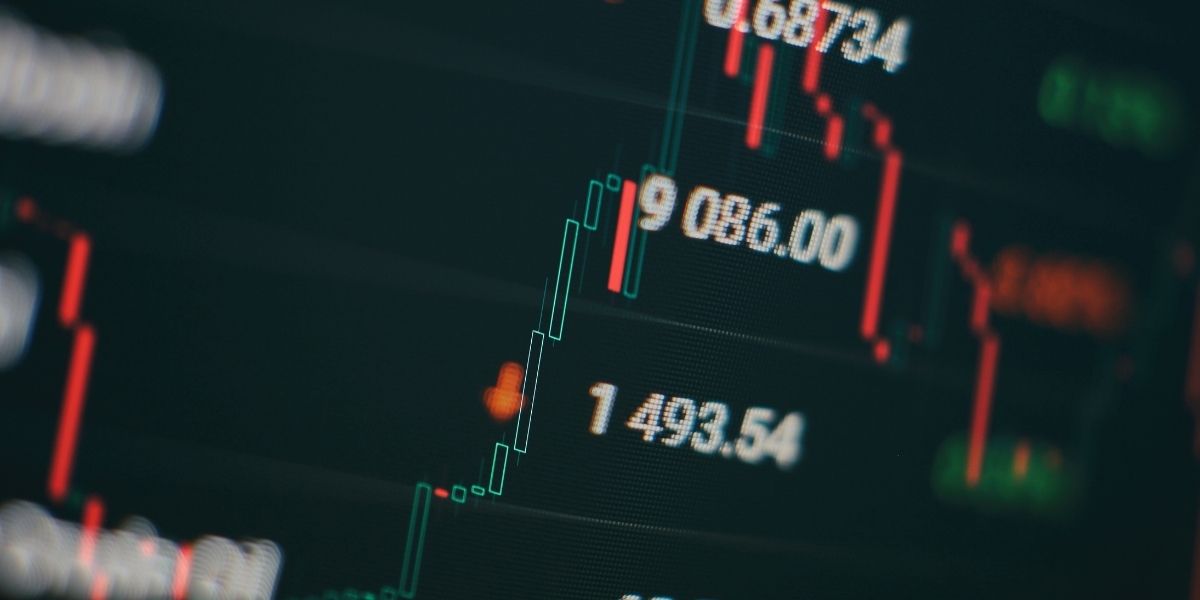The cryptocurrency community and the broader crypto market have recently been fraught with concern, uncertainty, and doubts, particularly regarding the legal status of XRP. To shed light on this situation, lawyer Bill Morgan provided comprehensive information about XRP’s legal status in his recent statements. These comments, particularly regarding significant decisions against organizations like Coinbase and Terraform Labs, aimed to resolve uncertainties caused by various court rulings in the crypto industry.
Morgan Highlights Three Key Issues for XRP
Morgan addressed three main FUD (fear, uncertainty, and doubt) narratives as follows:
- Ripple‘s distribution of XRP allegedly suppressing the token price.
- Concerns about XRP’s legal clarity following Judge Torres’s decision.
- Worries that the proposed stablecoin could potentially reduce demand for XRP.
Focusing particularly on the second point, Morgan disputes claims of a lack of legal clarity for XRP. Morgan states, “Despite the court’s clear finding that XRP itself is not a security, some continue to incorrectly claim that certain sales could transform the token into a security,” emphasizing that these claims lack legal basis.

Morgan points out the confusion caused by recent court decisions. Comparing the SEC‘s allegations against Coinbase and Solana to the lawsuit filed against Ripple, he addresses the misunderstandings arising from the community’s misinterpretation of these different legal proceedings.
What’s the Basis of the Confusion?
According to Morgan, the root of these confusions lies in the blending of nuances in examining different cases. Specifically, Morgan refutes claims that Judge Failla’s decision against Coinbase affected the status of XRP, emphasizing the importance of the context in which crypto assets are sold and marketed. He highlights the sensitivity of this issue by stating, “Courts should look at what the offeror reasonably invites investors to understand and expect.”
Morgan notes that Ripple’s marketing strategies differ from those examined in other cases, pointing out that Ripple’s efforts are more targeted towards institutional buyers and are conducted with more caution than in the retail market.
Each Crypto Case Is Unique
Morgan further examines the legal landscape by stating that each cryptocurrency case is unique, with its own facts and conditions. The Ripple case and the legal status of XRP are based on different grounds than the SEC’s actions against other organizations. The fact that the SEC did not contest Judge Torres’s decision regarding XRP fundamentally eliminates the classification uncertainty.
Morgan also quotes directly from legal proceedings to emphasize the uniqueness of the Ripple case, saying:
“The SEC’s inability to demonstrate that Ripple sold XRP to individual buyers is evidence of the unique conditions underpinning the case. This is not just an opinion; it is a matter of legal fact.”
Morgan concludes his commentary with a call to the community and the crypto industry to acknowledge the distinctiveness of each legal case. “Combining the Ripple case with others is to misunderstand the legal environment we operate in,” says Morgan, emphasizing the need for a deeper understanding of regulatory actions towards crypto assets and adds:
“Legal clarity for XRP has been established, regardless of ongoing or future cases against other tokens or assets. It’s time to move beyond FUD and focus on the road ahead.”

 Türkçe
Türkçe Español
Español









